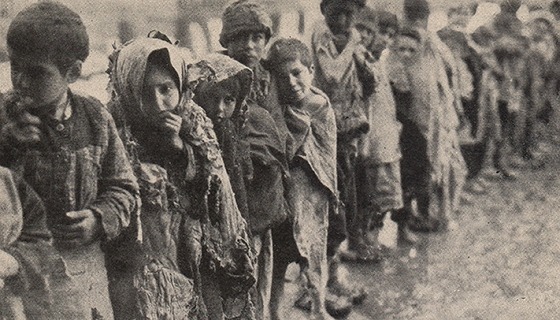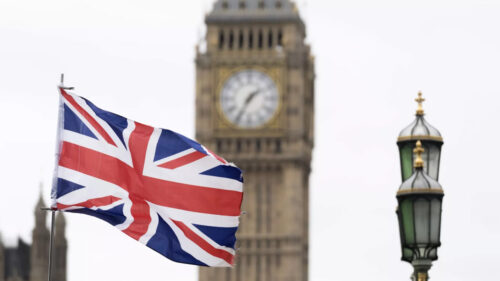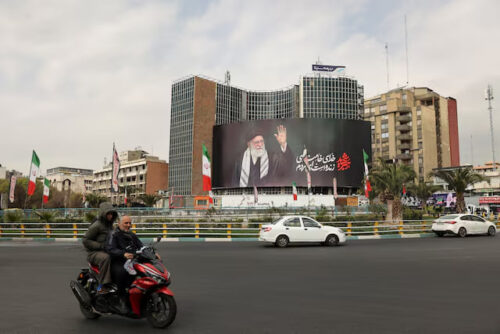
Remembering means paying tribute to the people whose only crime was their existence: French politicians on Armenian Genocide
French Ambassador to Armenia Olivier Decottignies posted archival photos of the Armenian Genocide on X, making the following post: “Today, on April 24, we commemorate the Armenian Genocide of 1915, which was carried out 110 years ago.”
The mayor of France’s Poissy, Karl Olive, wrote on X: “After 110 years, the obligation to remember remains a political, moral, and republican imperative. Remembering means refusing to erase. It is about confronting history with courage and clarity.” Olive added that despite revisionism and denial, France remains committed to its values—truth, justice, and recognition. “Memory is not an option. It is a promise to the victims, their heirs, and all humanity,” the politician wrote, noting that in Poissy, the duty to remember is highly valued: “Because remembering primarily means paying tribute to the men, women, and children whose only crime was their existence. Remembering also means resisting erasure, refusing denial, and passing on to future generations the strength to say ‘Never again.’”
Member of the French Parliament from Montpellier Patricia Miralles also made an X post, saying: “It was 110 years ago, on April 24, 1915. On that day, more than 600 Armenian intellectuals and prominent figures were arrested in Constantinople by order of the government. This was the beginning of the genocide, which would cost the lives of 1.2 million people—two-thirds of the Armenian population of the Ottoman Empire.” Miralles stated that France made April 24 a national day of remembrance and was one of the first countries to call the genocide what it is and recognize it legally in 2001.



